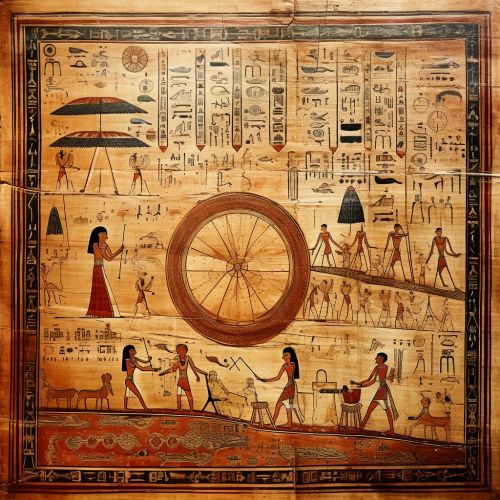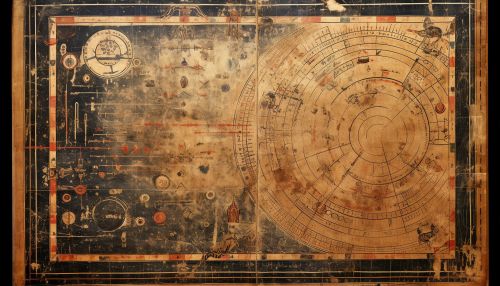Number Theory
Introduction
Number theory, also known as arithmetic, is a branch of pure mathematics devoted primarily to the study of the properties and relationships of numbers, particularly the integers. Number theory is a highly specialized field, and its exploration requires a deep understanding of many different branches of mathematics, as well as a broad knowledge of mathematics as a whole.
History of Number Theory
The history of number theory is a long and complex one, with its roots in the ancient civilizations of Babylon, Egypt, and Greece. The ancient Greeks were the first to formally organize the study of number theory, with the work of Euclid and Pythagoras laying the groundwork for future mathematicians.


In the 17th century, the development of number theory took a major leap forward with the work of Fermat and his Last Theorem, which remained unproven until the late 20th century. The 18th and 19th centuries saw further development with the work of mathematicians such as Euler, Gauss, and Riemann.
Fundamental Concepts
At its core, number theory involves the study of the properties and relationships of numbers. This includes the study of prime numbers, integers, rational numbers, and irrational numbers. It also involves the study of the properties of number operations such as addition, subtraction, multiplication, and division.
Prime Numbers
Prime numbers are a central concept in number theory. A prime number is a natural number greater than 1 that has no positive divisors other than 1 and itself. The first few prime numbers are 2, 3, 5, 7, 11, and 13.
Integers
Integers are another fundamental concept in number theory. An integer is a number that can be written without a fractional or decimal component. Integers can be positive, negative, or zero.
Rational and Irrational Numbers
Rational numbers and irrational numbers are also key concepts in number theory. A rational number is a number that can be expressed as a ratio of two integers, while an irrational number cannot be expressed as a ratio of two integers.
Theorems and Conjectures
Number theory is rich with theorems and conjectures, many of which have been proven or disproven over the centuries. Some of the most famous include Fermat's Last Theorem, the Riemann Hypothesis, and the Goldbach Conjecture.
Applications of Number Theory
While number theory is primarily a theoretical field, it has many practical applications. These include cryptography, computer science, and physics. In cryptography, for example, the properties of prime numbers are used to create secure encryption algorithms.
